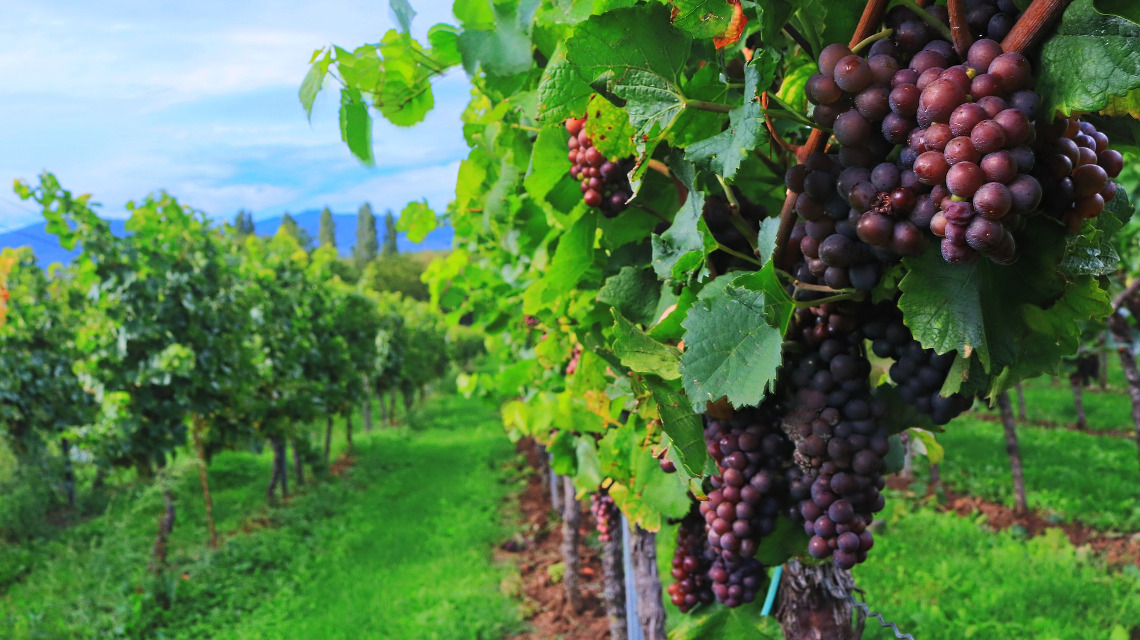Healing plants with nanocapsules
The nano-active substance transporters known from medicine were successfully used for the first time for the treatment of dreaded plant diseases. And on top of it all, they are also made of waste.

Nano-carriers that are loaded with active substances and release these straight to the diseased cells are already in use in cancer medicine. Now this "magic bullet" could soon also cure plant diseases. A team led by Frederik Wurm from the Max Planck Institute for Polymer Research (MPI) has been working for several years on establishing this treatment method for diseased vines.
Nano-active substance reduces symptoms of disease
The focus is on a therapy against the vine wood disease "Esca" which is feared by winegrowers. Around two million grapevine plants worldwide are affected by this disease. The fungus acts from the inside out and decomposes the wood, which can lead to the death of the grapevines. As part of the EU BIOrescue project, the Max Planck researchers were able to test their nanotherapy for the first time - successfully. "After two years of testing in our labs and then on Riesling vineyards in Germany, it looks like we have managed to reduce the symptoms of the disease. Further tests will confirm if this cure is a solution in the long term," explains Frederik Wurm.
Biodegradable nanocapsules from fungal compost
Nanotransporters usually consist of polymers made from fossil fuels. The nanocapsule used by Wurm, on the other hand, is bio-based and biodegradable. The small amount of a fungicide is packaged as an active ingredient in a lignin ball. This substance was in turn obtained from fungal compost - a by-product of agriculture - by chemical conversion. "This is the very first time we try to develop them from agricultural residues, which makes them a truly 'circular' product," explains Wurm.
Potential for numerous applications
The researcher is convinced that it is "only a matter of time" before his biodegradable nanocapsules conquer the market. "Beyond the agricultural sector, the capsules have a myriad of other potential applications from food enhancement to pharmaceutical products," argues Wurm.
The BIOrescure project was supported by the Bio-based Industries Consortium (BIC) as part of the European Union's Horizon 2020 research and innovation program.
bb/um


